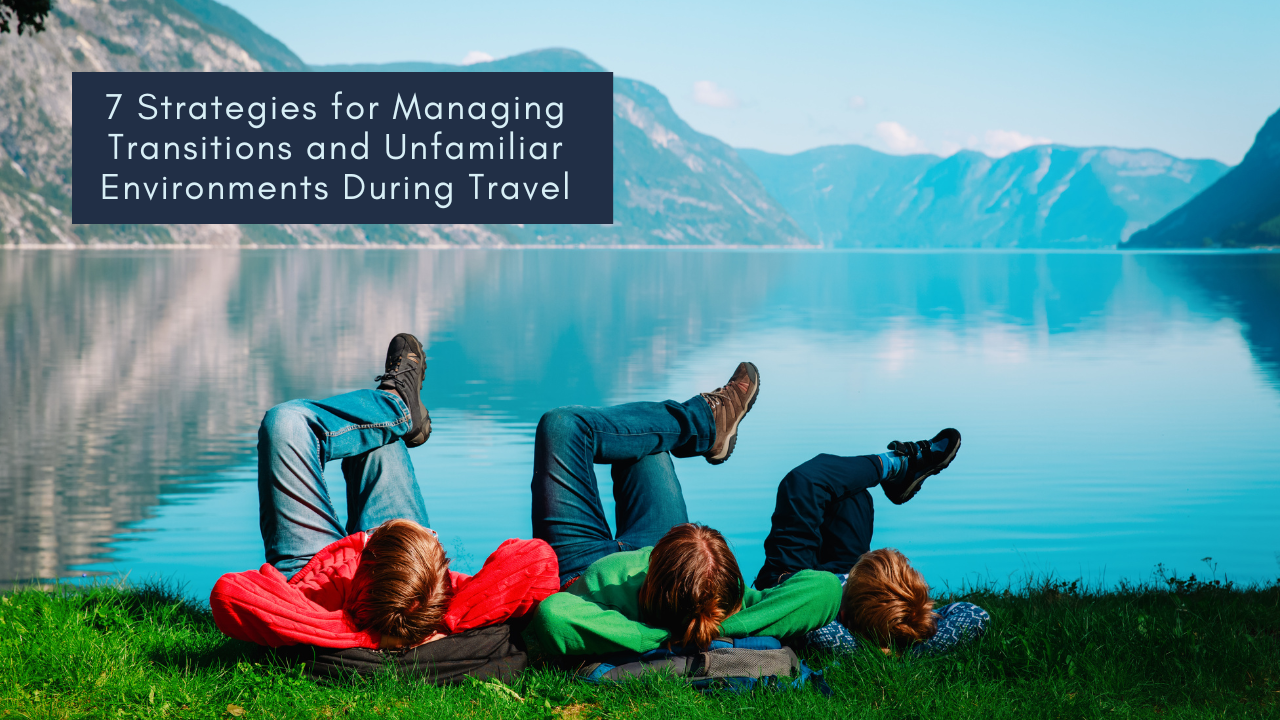Did you know that more than one billion people travel abroad each year?
This makes tourism one of the biggest industries in the world.
That’s good news for those who rely on tourism for their business, creating millions of jobs worldwide. The problem is that it also takes its toll on our precious planet.
Think about it: over one billion people each year travel to new places, many of them flying and contributing to rising fossil fuel emissions.
Sustainable Travel Tips: How to Explore The World Responsibly
Plus, this increase in visitors can strain fragile local ecosystems and affect cultural sites. Have you seen how many holidaymakers buy those tiny bottles of shampoo? The amount of single-use plastic waste is criminal.
Of course, we’re not saying you should unpack your bags and never leave your hometown again.
Traveling can be an essential way to meet new people, learn about new cultures, and have significant experiences, and we’re all for that!
However, there are some simple steps you can take to help reduce your carbon footprint and make smarter decisions when traveling.
To help you do this, we will share our top sustainability travel tips so you can continue to explore the world responsibly. Check them out below.

Choose eco-friendly destinations
It’s no secret that some parts of the world have a much more significant and harmful impact on the planet than others. So, before you jet off to the bright lights of Vegas or to walk the Great Wall of China, it’s a good idea to do some research.
Instead of heading for the big polluters, look into eco-friendly destinations that promote sustainability and eco-tourism. Those that have policies and missions in place all year round to protect their local area.
For example, in Slovenia, where hydroelectric dams produce 75% of the nation’s electricity, Borneo, with its lush, vibrant rainforests, or Costa Rica, is home to the most significant percentage of protected areas in the world.
By being more selective about where you go, you can instantly make an impact and reduce your carbon footprint. And let’s face it, these places are so beautiful and worth the visit, so it’s a win-win.
Think carefully about how you get there.
The physical act of traveling can often be the most damaging part of your trip.
For example, a return flight from the UK to the US emits around 5.5 tonnes of CO2 equivalent (CO2e) per person. In perspective, that is more than twice the emissions produced by a family car in one year just for that one trip.
That being said, sometimes flying is the only option. After all, we don’t have months to dedicate to walking, hiking, cycling, and sailing to reach the other side of the world.
But there are things you can do to be more responsible with your travel arrangements:
- If you can choose a more eco-friendly mode of transport, then do
- Select direct flights to reduce your carbon footprint
- Deliberately choose a more energy-efficient aircraft or sustainable airline
- Pack light to reduce the weight on the aircraft
- Go paperless and avoid printing out your tickets
If everybody made these small changes, the impact on the planet could be huge. Either way, if you make these conscious decisions, you can travel knowing you’re doing all you can to protect the planet and reduce your footprint.
Book the suitable accommodation.
There are loads of great eco-conscious hotels and accommodations that you can choose from, and these are becoming increasingly popular around the world. In many cases, these have been designed to be reduced and reused wherever possible while having the minimum possible environmental impact.
That said, you don’t have to go to these specifically eco-friendly places to make a difference when traveling. Choosing local homestays and rentals rather than hotels can help you to give back to the local economy.
What’s more, luxury hotels can have a hugely damaging impact on the environment regarding energy and water consumption, as well as the waste they produce. So, by simply swapping from a five-star to a three-star hotel, you will be making a difference to your footprint.
Or you could go one step further and choose even more sustainable options like camping (or glamping if you’re not quite as ‘one with nature’ as camping requires).
Whatever you do, do some research before you book your accommodation. Look at their green credentials and if they are actively doing anything to be more sustainable, and book those places that put the planet first.
Choose reusable
With millions of tonnes of plastic ending up in the ocean yearly, you mustn’t become part of this problem. As we mentioned earlier, those impossibly tiny bottles of shampoo and shower gel might get you past customs, but they are no good for the planet.
When traveling, especially if you travel frequently, it’s a good idea to invest in some reusable essentials.
From reusable shampoo bottles to water bottles, tote bags, compostable bin bags, and everything in between, there are so many travel accessories available today that can help you to be more sustainable as you explore the world.
You can even take it one step further and buy better products for the planet, too. This is because common sunscreens and soaps can contain harmful chemicals in the water. So shop about and look for ocean-friendly suncream and soaps wherever possible.
Enjoy sustainable activities and tours.
When you arrive at your chosen destination, consider what recreational activities you can do that don’t contribute to pollution or use too much energy. Walking, biking, hiking, and sailing are all sustainable activities.
But even if you decide to go shopping around the local market, you can make a difference. You can shop locally and choose sustainable products and keepsakes (nothing leather or ivory). You can also find lovely local eateries to support local people further and try the local cuisine.
Finally, if you decide to go on a tour, choose your tour operators wisely, too. Try to book through companies that adhere to environmentally friendly policies wherever possible.
This includes those who actively protect the wildlife and support indigenous peoples. Local guides are even better, but if you go through a company, ensure they are reputable and practice what they preach.



